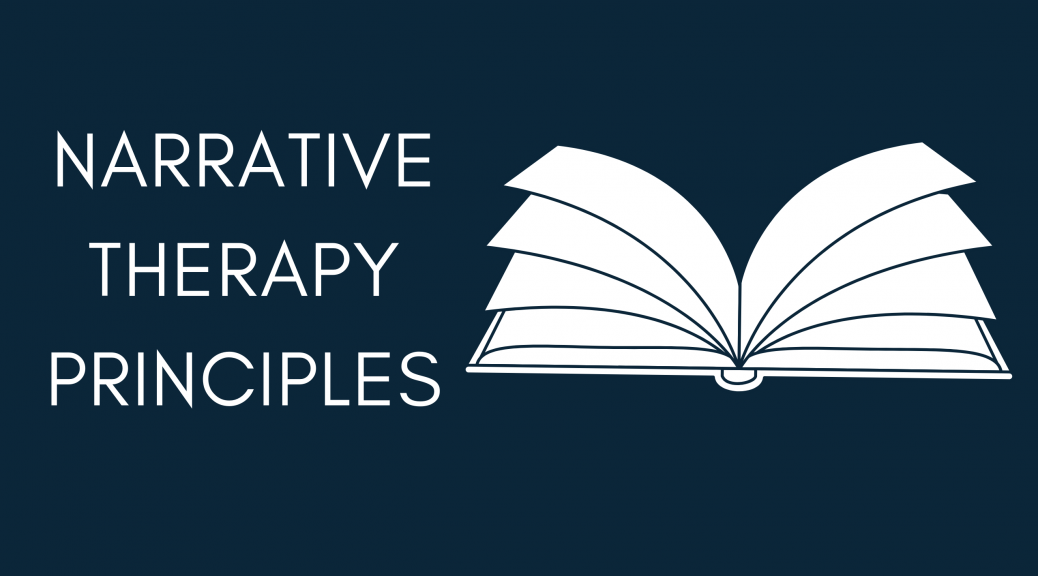
Narrative therapy principles in Memoir writing
By Evie McRae | | Comments 0 Comment
When people embark on a Memoir writing course they sometimes come up against writer’s block. A block of any description is just another word for Fear. When we experience writer’s block it generally suggests we are not confident, or we are experiencing discomfort, in the telling of our truth.
What makes my sessions unique is, not only do I help clients with the technicalities of writing their story, I also assist them to move towards healing aspects of their story. That’s right, those scary parts that create those ‘blocks’ (and probably those scary things are the very reasons you want to write your story in the first place).
These blocks manifest as ‘No-one would want to read my story.” “Who am I, to think I can write?” “My story doesn’t really matter” and so on. These are all aspects of Fear and this holds the potential writer back from achieving their true potential.
In this scenario, there are many possibilities, many directions in which the conversation may flow. The examples above are generally given when someone does not recognise their true self-worth. Perhaps they have been kept small or belittled throughout their whole life. Even when we believe we have moved through those childhood issues of a domineering, abusive or even narcissistic parent, it’s amazing how deep that ‘wiring’ goes. Generally, we can see where the root of the fear comes from – depending on how it manifests which is helpful in considering where to start that conversation.
Narrative therapy puts you right in the middle as the expert in your own life (rather than being told by someone external, how you should view your challenges). This form of therapy views ‘problems’ and ‘challenges’ as completely separate from you – the individual – and assumes you have the skills, competencies, beliefs, values, commitments, and abilities to find the solutions that will ultimately help you to help yourself.
There are many crossroads, intersections, paths, and tracks to choose from. In Akashic Records healings, for example, I call those ‘pathways of probability’ and ‘pathways of possibility’. With every step, with every thought – a new possibility or pathway of probability opens up – with so many narratives operating at any one time.
So what do we mean when we talk about ‘narratives’? When I explain narratives to my clients, I ask them to visualise a golden thread … running through their daily experiences.
Narrative therapy is sometimes known as ‘re-authoring’ or ‘re-storying’ those conversations we have with ourselves.The word ‘story’ has different associations and understandings for different people. For narrative therapists, stories consist of:
- events
- linked in sequence
- across time
- according to a plot
We all have daily experiences of events that we seek to make meaningful. The stories we have about our lives are created by linking certain events together in a particular sequence across a time period. This helps us explain these events or make sense of them. The meaning we attach to those events forms the plot of our story. In fact, we constantly apply meanings and emotions to any and all of our experiences throughout our life.
A narrative is like that golden thread weaving the events together, forming a story.
We all have many stories about our lives and relationships, occurring simultaneously. For example, we have stories about ourselves, our abilities, our struggles, our competencies, our actions, our desires, our relationships, our work, our interests, our conquests, our achievements, our failures. The way we have developed these stories is determined by how we have linked certain events together in a sequence and by the meaning we have attributed to them.
Let me give you an example. This is a story about someone’s perception of their writing skills.
This individual may have a perception that they are a ‘good writer’. This means they could string together a number of events/interactions that have happened to them whilst involved in writing activities. (Good/positive associations). They could put these events together with others into a particular sequence and interpret them as a demonstration of being a good writer. They might think about, and select, for the telling of the story, ‘specific’ events, such as being top of the class for spelling or reading, or passing a difficult exam. To form this story about their ability as a writer, they are selecting certain events – identifying certain events as important – to demonstrate/illustrate the plot of this ‘story’. In doing so, these events are elevated above other events or memories.
As more and more events are selected and gathered into the dominant plot (being a good writer), the story gains richness and depth. As it gains depth, other events of their writing skills are easily remembered and added to the story.
Throughout this process, the story becomes more dominant in their life and it is increasingly easy for that individual to find more examples of events that fit with the meaning they have reached.
These events of being a good writer that they are remembering and selecting out are elevated in their significance over other events that do not fit with the plot of being a good writer.
For instance, the times when they misunderstood the meaning of a word or the time they didn’t get their article published. These events might be seen as insignificant or maybe a fluke in the light of the dominant plot (a story of great writing skills). In the retelling of stories, there are always events that are not selected, based upon whether or not they fit with the dominant plots (or the ‘narrative’ we identify with).
How dominant stories influence our lives
The dominant story of the individuals’ great writing abilities will not only affect them in the present but will also have implications for their future actions. For example, if they are asked to write an article for a different magazine the dominant story the individual believes, will encourage them to write that article. If they let the negative experience be their dominant story – they would hold themselves back saying ‘they were not a good writer’ and subsequently would not attempt to write the article.
Therefore, the meanings you give to these events are not neutral in their effects on your life – they will constitute and shape your life in the future. All stories are constitutive of life and shape our lives.
With this in mind, I encourage people to take a look at the story they have been telling themselves. If someone comes to me and says, ‘I’m not a good writer,’ I want to understand the root of that narrative. Perhaps English is a second language. In this scenario I would want to look at the ‘unstoried’ part of their story. Were they teased at school for not being at the same level as the other children? Did this leave a lasting impression – a fear of being laughed at or not being ‘good enough’? The unstoried part of that story is they were adjusting to a new life, a new culture, away from everything they knew before. They were learning to communicate in a whole new language – and now they can communicate in two languages – which let’s face it – is far more than the rest of us ever achieved. Having a simple discussion could be enough to change that narrative. That golden thread we have weaved through all our stories.
There are many different sorts of stories by which we live our lives and relationships – including stories about the past, present, and future. Stories can also belong to individuals and/or communities. There can be family stories and relationship stories – and these stories can influence the way we live our lives.
As people begin to acknowledge and ‘believe’ their alternative stories, the results go way beyond working through writer’s block. Within the new stories, people live out a new self-image, new pathways and possibilities – new futures.
The magic of this approach is being able to apply this therapeutic principle to memoir writing. When we ‘identify’ our story – we are identifying the story we have given dominance to – and yet the transformational diamonds are buried in the unstoried parts beneath. The stories we never gave any energy or attention to in the telling of our own ‘dominant’ story.

